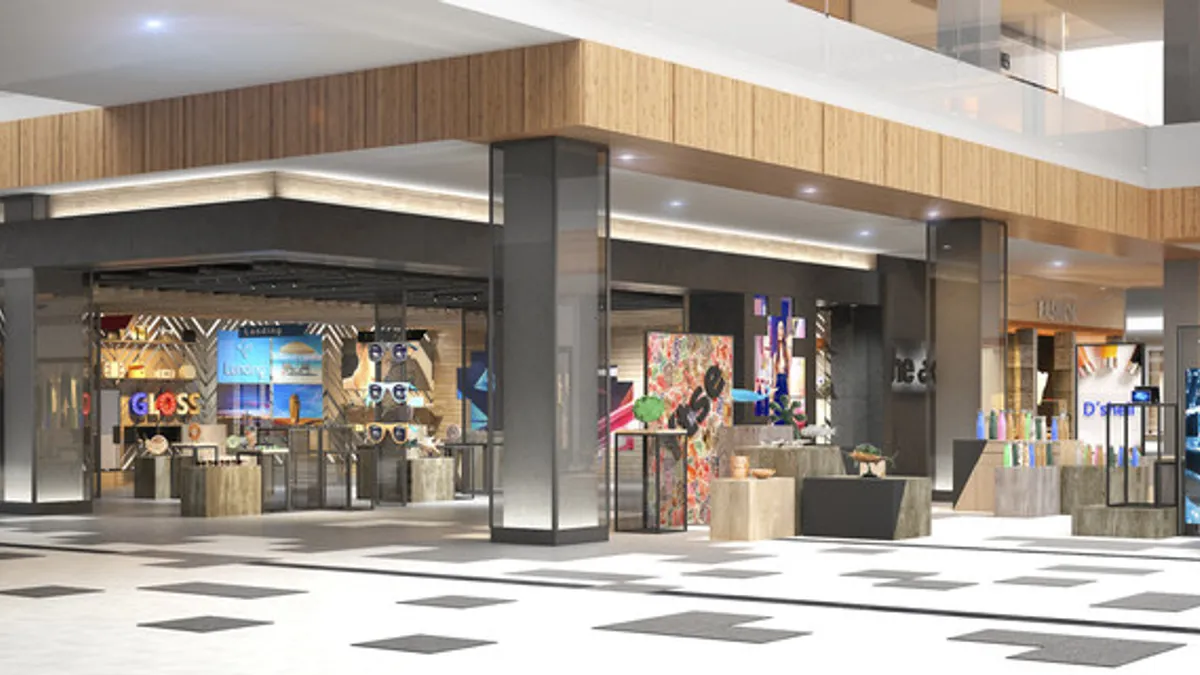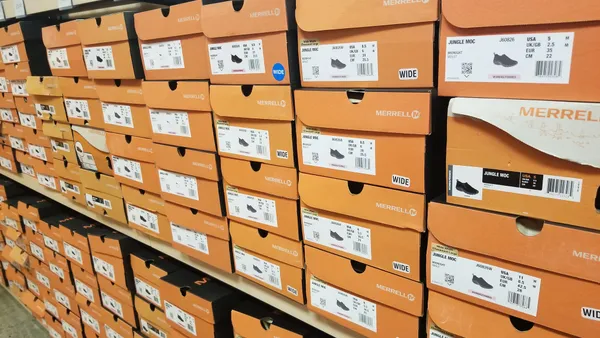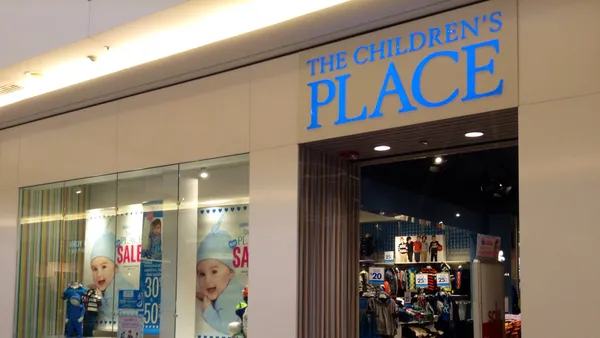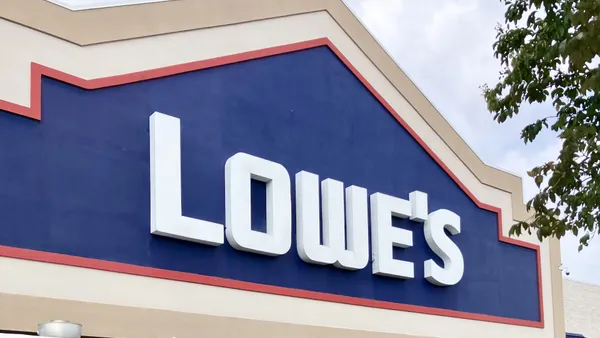Dive Brief:
-
Simon Property Group on Friday reported that first quarter revenues rose to $1.4 billion, beating the Zacks Consensus Estimate of $1.38 billion. The group's occupancy was 94.6% as of March, and base minimum rent per square foot in the period rose 3.2%, according to a company press release.
-
Simon's Q1 sales per square foot rose 4.2%, though CEO David Simon said in a conference call that he believes the figure is "understated" due to a "significant number of retailers" that are deducting returns of online sales from their store sales figures that they report to the landlord, according to a transcript from Seeking Alpha.
-
Meanwhile, CBL & Associates Properties reported last week that net operating income and revenues fell, primarily due to lower occupancy and rent reductions related to tenants and bankruptcy, in particular the troubles at Bon-Ton Stores.
Dive Insight:
Malls are regrouping in a new retail environment as department stores, which have served as anchor tenants for so long, close stores.
CBL executives last week warned that the second quarter would be particularly weak in what will likely be a weak year. Indeed, CBL executives told analysts last week that they are prepared to weather a storm.
"While disappointing, we were not surprised with the outcome of the Bon-Ton bankruptcy," CBL CEO Stephen Lebovitz told analysts, according to a transcript from Seeking Alpha. Lebovitz noted that his company had incorporated "a potential [Bon-Ton] liquidation in our reserve estimate for the year."
The closure of 15 Teavana locations is adding to the pressure on CBL, as is the Q2 closure of nearly all Best Buy Mobile stores, CBL Chief Information Officer Kathryn Reinsmidt warned. Last year Simon went so far as to sue Starbucks over its Teavana closures.
To hedge against closures, CBL is now adding more non-retail tenants into its mix. Lebovitz pointed to its Brookfield Square development in Milwaukee as a prime example.
Many retailer's shrinking brick-and-mortar footprints are also bedeviling Simon, with the majority of the company's 100 basis-point occupancy decline coming from natural store closings or bankruptcies.
"[W]e are very focused on putting the right tenant in the right space," Simon told analysts. "We're at the mercy of bankruptcy court. So, the reality is, you file Chapter 11, you can reject the lease at any time, and as you know, the build-out and getting the space leased takes some time."













